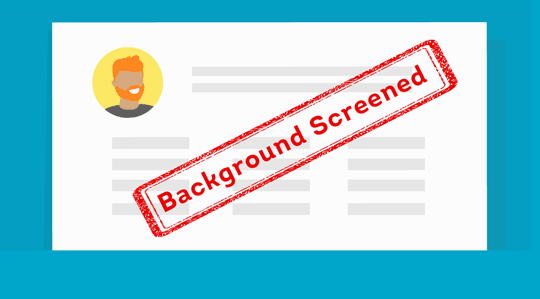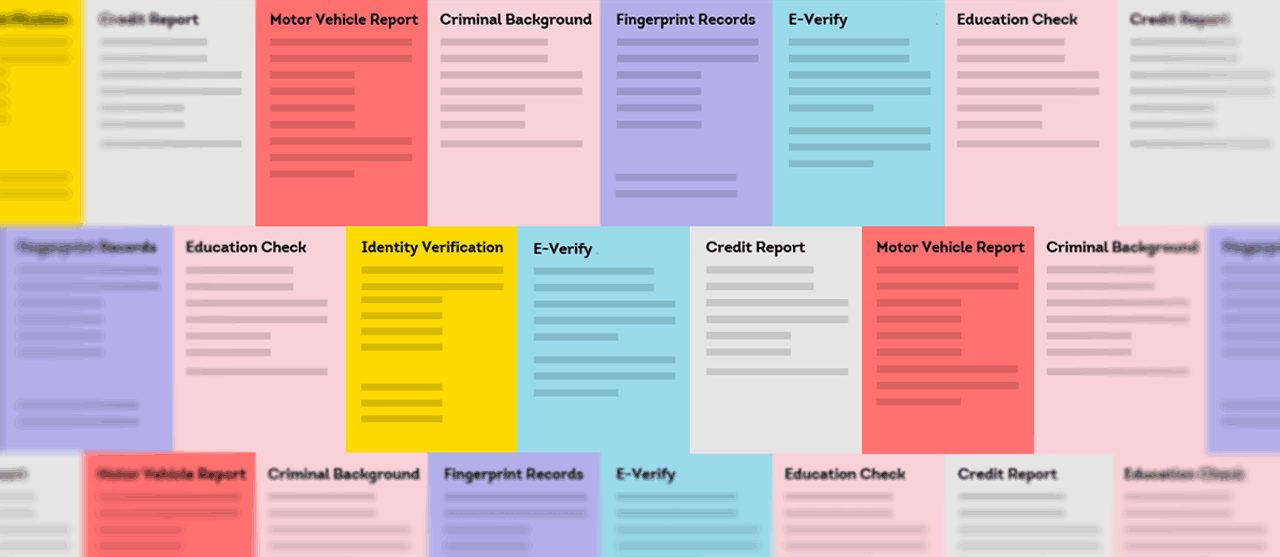Great employees are a critical component of a healthy, profitable small business. Making one wrong decision through a bad hire can cost a business thousands of dollars, or worse yet, shut it down altogether.
To mitigate this risk and help ensure you hire the best possible employees, it’s important to have a screening process. If you’re hiring a driver, or hiring for a transportation position that requires an employee to operate a company vehicle, it can be important to review driving records before making the hire.
Reviewing the MVR of a job candidate can reduce risk and help you hire the right person for the position. A motor vehicle record (MVR) is a report of an individual’s driving history, as reported by the state government’s Department of Motor Vehicles (DMV). It can provide an important look at an individual’s driving history.
Learn how you stand to benefit from using MVR records to screen potential employees, and decide whether this component of pre-employment background screening suits the needs of your business.
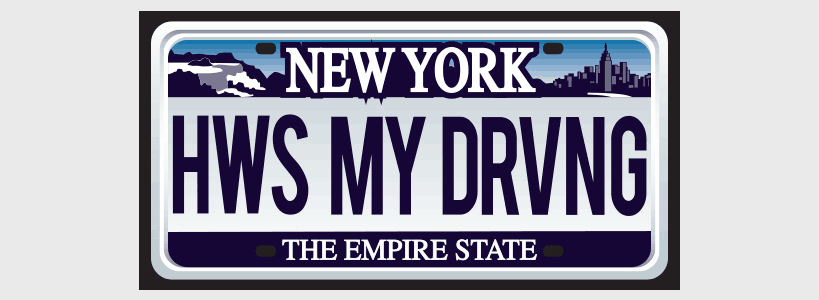
When Should Employers Check Motor Vehicle Records?
There are several instances in which the federal government requires employers to pull MVR records for employee candidates. These regulations can vary by state, so be sure to double check your local laws:
- Motor carriers subject to the U.S. Department of Transportation, Federal Motor Carrier Safety Administration’s regulatory requirements are required carriers to obtain and review a driver’s MVR every 12 months and to keep the record on file for 3 years. Additionally, they must review the report and determine the driver meets the minimum safety requirements to operate a commercial motor vehicle.
- U.S. Department of Labor, Occupational Safety & Health Administration (OSHA) offers a guide that suggests how employers whose employees are required to drive a vehicle for work purposes also should pull an MVR report. It doesn’t matter whether the vehicle in use is owned by the employee or provided by the employer; OSHA recommends reviewing MVRs to ensure the employee has a clean driving record.
What does a MVR Check Show?
Hiring the right drivers and ensuring their compliance with driver qualification regulations is critical for the success and safety of your small business. Although the information included in a MVR report can vary from state to state, you can generally expect the report to show:
- A person’s driving history
- driver’s license
- license class
- endorsements
- current license status
- past license statuses: suspensions, revocations, cancellations
- Vehicular crimes
- Accident report
- DUI convictions
- Traffic citations
- Unpaid summons and insurance lapses
Why is an MVR Check Important?
Reviewing a job applicant’s MVR report can be critical for safety assurance if you are hiring drivers. Failing to pull an MVR check is not only dangerous, but could prove costly for your business.
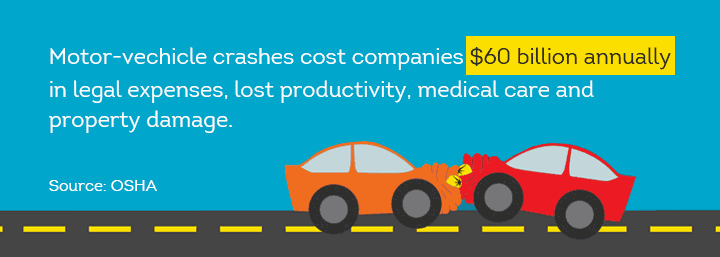
The aforementioned guide published by OSHA includes informative statistics regarding the financial impact of vehicular safety on companies:
- Motor-vehicle crashes cost companies $60 billion annually in legal expenses, lost productivity, medical care and property damage.
- The average motor vehicle crash costs an employer $16,500.
- When an employee is involved in an on-the-job crash that results in an injury, the cost to their employer—on average—is $74,000. If a fatality is involved, the employer may be forced to pay up to $500,000, and if punitive damages are awarded, the employer may have to pay millions of dollar
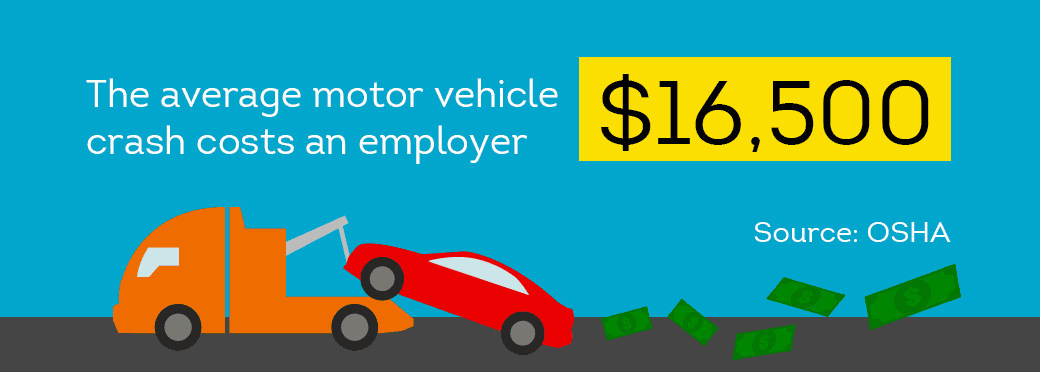
Running an MVR check can reduce liability risk and save you money, making it an important component of a small business’s screening policy.
How Long Does a MVR Check Take?
A MVR report will show a driving history spanning back between three to 10 years depending on the state, which might take a bit of time to compile. Additionally, each state has its own DMV—with its own regulations and rules—which can affect turnaround time as well.
How Do Employers Obtain Access to An Applicant’s Driving Record?
If you’ve decided pulling an MVR report is in your best interest as an employer, there are two ways you can access an applicant’s driving record.
- Ask your applicant to obtain his or her own driving record and submit it
- Purchase a driving record from a pre-approved third-party vendor

Beware that the first option might turn away a handful of potentially good applicants who don’t have the time or interest to go to the DMV. If you instead decide to purchase the driving record, make sure the third-party company is reputable and compliant.
Comprehensive Screening
While checking MVR records can prove to be a useful tool for employers, it’s important to consider other aspects of a candidate’s history during your hiring process.
ShareAble for Hires is a trusted and convenient source for background screening. We understand that small business owners need a great team to support their vision, and we enable you to make better hiring decisions through our simple, web-based screening solutions. ShareAble for Hires offers background checks containing a full suite of information, including:
- Credit reports
- SSN verification
- Employment records (where available)
- Criminal history
ShareAble for Hires scours over 370 million criminal records to deliver FCRA-compliant data. We understand that time is of the essence in the hiring process, and waiting too long to offer a candidate a job could result in losing them altogether. That’s why we provide employment screening in a matter of minutes, not days. When used in conjunction with MVR records, our background and credit checks for employment provide you with the information you need to make a great hire.


